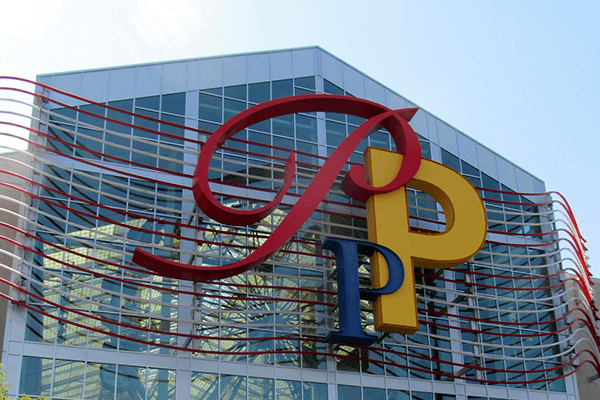|
RCBJ-Audible (Listen For Free)
|
Town Hoped Subpoenaed Documents From Mall Lenders Would Show Mall’s Value Was Sound; Foreclosure Throws Wrench In Legal Strategy
By Tina Traster
For several years, Eklecco NewCo LLC, the company that owns the Palisades Center in West Nyack, has been filing tax certiorari petitions to reduce the mall’s tax assessment. The Town of Clarkstown has consistently rejected the petitions and the fight is playing out glacially in Rockland County Supreme Court.
The mall says it’s “Full Market Value” is $172,594,661, the town claims it is worth $518,386,916, a difference of about $345 million. The mall’s tax petitions say its financial troubles stem from e-commerce, declining sales, record bankruptcies and multiple store closures, particular for “department stores and fashion retailers, which were once the primary focus of our business.”
The mall is seeking a reduction of assessment from $140 million to $46.7 million. Taxes are levied on assessed value, not full market value. Full market value is determined by an equalization rate applied to the assessed value. Should the mall succeed, its assessed value would be reduced from $140 million to about $46.7 million. Its full market value would equalize to about $172 million.
Clarkstown recently scored a legal victory back in December when Justice Thomas Zugibe issued an order allowing the town to subpoena financial records from the mall’s lenders in an effort to prove the mall is worth more than what it claims in its court filings. The town’s theory is that the mall is providing a rosier set of financial data to its lenders than to the town.
But the town winning on that front is likely to be a tough strategy now that the mall is facing foreclosure after defaulting on its loan obligations. Clarkstown will have a more difficult time proving the mall is worth more than $500 million. The owners of the Palisades Center fought the issuance of the subpoenas for many months but finally agreed to provide documents “limited to any appraisals
that were performed on their behalf or obtained on their behalf, and any financials that Pyramid submitted to any of those entities in connection with the transactions involving those entities.” In other words, the lenders will produce documents that are similar to the ones that Pyramid has already provided to the town.
Document production is still many months away so no resolution of the matter is likely in the short-term.
Malls owned by Pyramid, and others are struggling to survive. Ratings agencies have been downgrading the credit of debt securities backed by indoor shopping malls for years now on falling occupancy rates and rents.
Online shopping has shifted the way people buy goods and services. Many big boxes and department stores have either shuttered or become obsolete. While others replaces them and fast food continues to be a strong tenant base, malls are having trouble reinventing themselves. While there’s been talk of adding a housing element to the mall, town officials have not had an appetite to pursue that plan, sources say. As malls were becoming more vulnerable, COVID-19 issued another near-fatal blow to malls, forcing store closures. Mall owners have used favorable leasing prices and terms to fill their empty spaces.
But it might not be working.
Last week Wilmington Trust, acting as a trustee for CMBS bondholders, filed in New York Supreme Court, New York County, to foreclose on the 2.2 million-square-foot shopping and entertainment complex, claiming Syracuse-based owner Pyramid Management Group defaulted on a $418.5 million loan tied to the mall property.
JPMorgan Chase and Barclays provided Pyramid with the loan in 2016 and assigned the debt to the CMBS trust and Wilmington as the trustee that same year. Palisades Center suffered from the loss of anchor tenants including JCPenney in the years that followed, and Covid-related business shutdowns exacerbated the situation.
The loan was set to mature in April 2021, but Pyramid asked for a temporary moratorium on payments early in the pandemic, when a default appeared imminent. The two sides reached a standstill agreement in June 2020, extending the loan’s maturity date.
Pyramid failed to make good on its payments this past fall, according to the foreclosure suit, and the loan went into default, despite a forbearance agreement entered into in October of 2022. Pyramid was notified of the default in November of last year.
The Palisades Malls is not the only asset that’s in trouble.
Two loans valued at $157 million taken out by the Pyramid-owned 1.7 million square foot Crossgates Mall in Albany County appears to be headed once again toward potential default amid the widespread financial challenges, according to the Times Union.
The two loans were flagged due to fears that a default on the debt was “imminent,” according to Bloomberg. The loans, which had been given a one-year extension last May, are coming due again.
As in Clarkstown, Pyramid also has been seeking to dramatically reduce its property tax expenses in the Town of Guilderland. Crossgates has been bleeding money as it has been forced to reduce rent for key tenants and offer other retailers.













